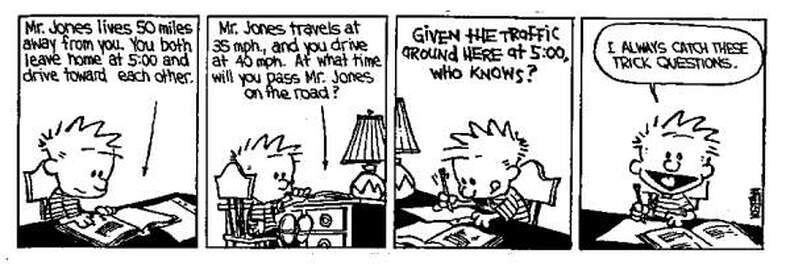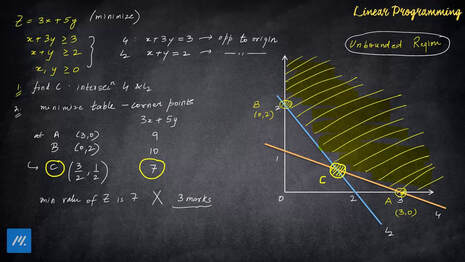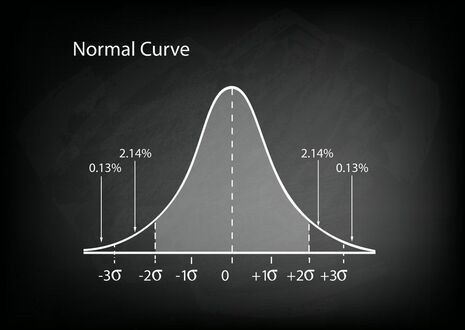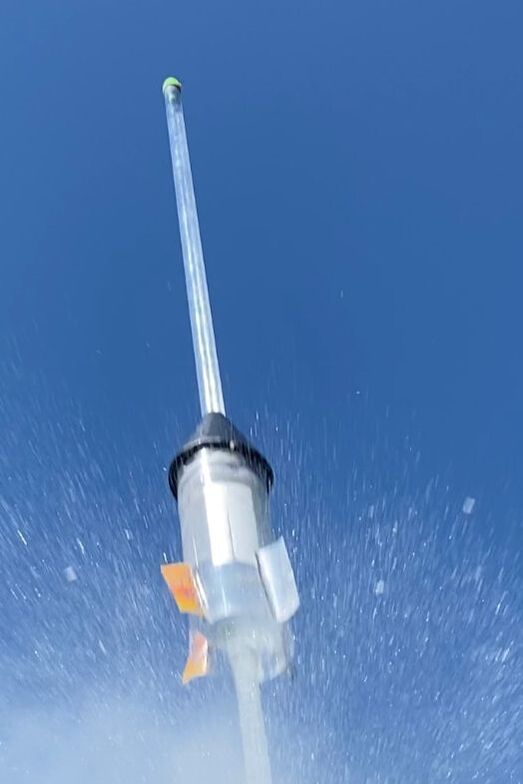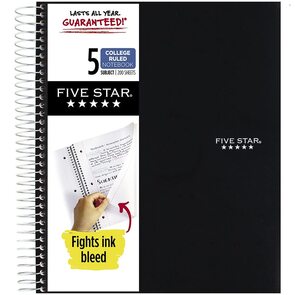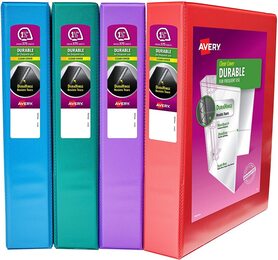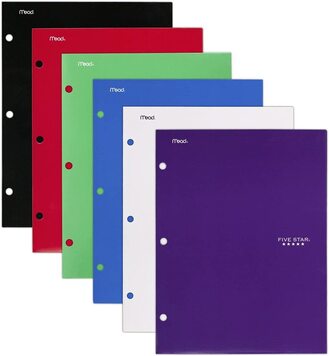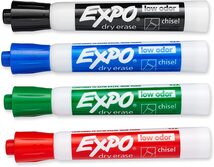Math 10 Course Syllabus
Math 10 Mission Statement:
The mission of this course is to help learners see the world through a rigorous mathematical lens by using the habits of a mathematician (generating ideas, recognizing/resolving errors, communicating, and synthesizing) to solve real world problems.
Course Overview
As a 10th grade mathematician you are someone who is willing to work hard and advocate for yourself. Being an awesome student is being someone who is serious about broadening their thinking, and being someone who is not afraid to get a wrong answer. The key to success in this class is being open to learning how to explain your thinking and collaborating with others.
This class is based on the Interactive Mathematics Program which aims to use problem based learning to learn mathematics. In this model, you will need to position yourself as an explorer of math, rather than someone who absorbs information and then recalls it for a test. This class is meant to help you develop an analytical mind and problem solving skills through the use of math. With problem based learning, be prepared to try to solve problems that you may not have the skills to solve initially, but through the process expect to develop the skills you need to ultimately find the answer.
This class is based on the Interactive Mathematics Program which aims to use problem based learning to learn mathematics. In this model, you will need to position yourself as an explorer of math, rather than someone who absorbs information and then recalls it for a test. This class is meant to help you develop an analytical mind and problem solving skills through the use of math. With problem based learning, be prepared to try to solve problems that you may not have the skills to solve initially, but through the process expect to develop the skills you need to ultimately find the answer.
Projects at a Glance
Energy Project
|
Unit Question: What is efficiency and how does that relate to energy?
Enduring Understandings:
Topics Covered:
|
|
Cookies Project
|
Unit Question: How do you optimize profit for selling cookies with a fixed number of materials and time?
Enduring Understandings:
Topics Covered:
|
Chi-Squared Project
|
Unit Question: How do you statistically prove there is a difference between populations given one metric?
Enduring Understandings:
Topics Covered:
|
Rocket Project
|
Unit Question: How do you describe the maximum height, time, air resistance, and average velocity of flying objects?
Enduring Understandings:
Topics Covered:
|
Responsibilities for Learning
A huge part for success in this class is your responsibility to come ready to engage and get involved in the learning process. Below you will find some expectations for this class:
- Attendance: If you miss class for any reason, let me know ahead of time, and check my google classroom for any work you have missed. If you have more than 20% total unexcused absences in a semester you will not receive credit for the class.
- Tardiness: You will be marked tardy if you are more than 5 minutes late.
- Phone Use: As a general rule in 10th grade phone use is not allowed. At the start of class everyday you will put your phone in the phone box or your backpack.
- When can I use my phone? You can use your phone only when instructed to do so. Irresponsible phone use results in phone jail until the end of class.
- Can I listen to music during class? Only during work time but if it becomes a distraction I reserve the right to tell you to put it away.
- Extra Credit: The only time for extra credit is by taking on leadership roles during exhibition.
- Late Work: All late work will receive a 10% deduction. If it is more than a week late I will not take it. I value advocacy, and if you talk to me beforehand I will gladly work with you.
- Exemptions: 504/IEP: Accommodations are made based on the student’s individual plan. If late work is beyond their 504/IEP accommodations I will not take the work.
- Resubmissions: POWs can be resubmitted within one week of being due. Otherwise grades are final.
- Turning in Assignments: There are two ways to turn in assignments in this class.
- Google Classroom: All assignments will be posted on google classroom and you can turn in everything here.
- Turn in box: Physical assignments can be turned in in the turn in box in the front of the room.
- Parent Communication Policy: You are all young adults, and as such, I ask that you the student take ownership of assignments and grades. Please do not have your parents contact me regarding your grades until you have asked the questions to me first, via email, speech, or writing. If you or your parents still have questions after you have talked to me, I would be happy to address your/their concerns at that point.
- Behavioral Expectations: My expectation for class everyday is students are productive and do not take away from others' learning.
- 2-Strike Policy: If a student is being disruptive or refusing to do work I write their name on the board and give them a strike. If the student receives more than one strike they will be asked to work in the hall and be marked absent for that day.
Grades
To check your grade in Math 10, the first place you should look is google classroom under classwork->view my work tab, or you can check Infinite campus. Google classroom will be more up to date than Infinite Campus.
- Weighted Grades: Grades are weighted based on four different categories..
- Classwork (25%): On average there will be 2-3 assignments per week that are worth 10 points each.
- Starters (10%): Almost everyday there will be a starter worth 2 points and it is based on completion. Oftentimes these are short quizzes to help gage understanding.
- POWs (20%): POWs are open ended problems that require multiple steps and problem solving skills to complete. These are valuable assignments that teach you skills relevant to any subject. The process of completing the POW is valued more than the answer and these assignments usually require a short write up or presentation. There will be some class time allotted for POWS but they are homework.
- Projects (45%): Projects are worth 125 points, and there will be 1-2 projects per semester. See projects at a glance below for more information.
- Grading: The way I grade assignments in this class is based on accuracy. Getting a problem correct will get 100% points, getting a problem wrong but your work is shown you get 50% credit. There is often an answer sheet for in class work to check your work.
Class Supply List
You should have all your class materials by the end of the second week of school, August 28th.
Super Secret: If you bring a 2-Liter soda bottle that is empty and clean, I will pay you in candy. 1 bottle = 1 piece of candy
